
Why always the question – ‘What about homeschooling and socialization?’
Virtually every person I have recently discussed homeschooling with, has asked me how and when do my children have time to socialize? The general mindset appears to be that homeschooled children have no social skills. Strange that this is the way people should see homeschoolers, when socially inept people come from all walks of life.
Surely a happy healthy child should come before socialization as, without confidence in oneself and one’s family, positive and healthy socialization cannot be achieved…
For me, socialization is the least of my day to day concerns, as my children are both sociable and confident.
However, wherever I go, the first question that comes up is usually ‘How can homeschoolers be sociable?’
Maybe this is because we now live in a fast, computer driven, communication world, where socialization skills are no longer necessarily learnt from one’s immediate family?
I think, for most parents, socialization is their biggest concern, when it comes to homeschooling. Whereas, for those who are already homeschooling, it is not a big issue at all… Why?
I believe that society has shaped us to follow the crowd, whilst discernment is perhaps ‘going out of the window’?
It takes great courage and strength of character, to go against today’s societal norms, as there is huge pressure to conform,
What does Research say about Homeschooling and Socialization?
Recent research confirms that homeschooled children do not have a problem with socialization. Home learners can sometimes see the same number of people as their peers do, in conventional schools.
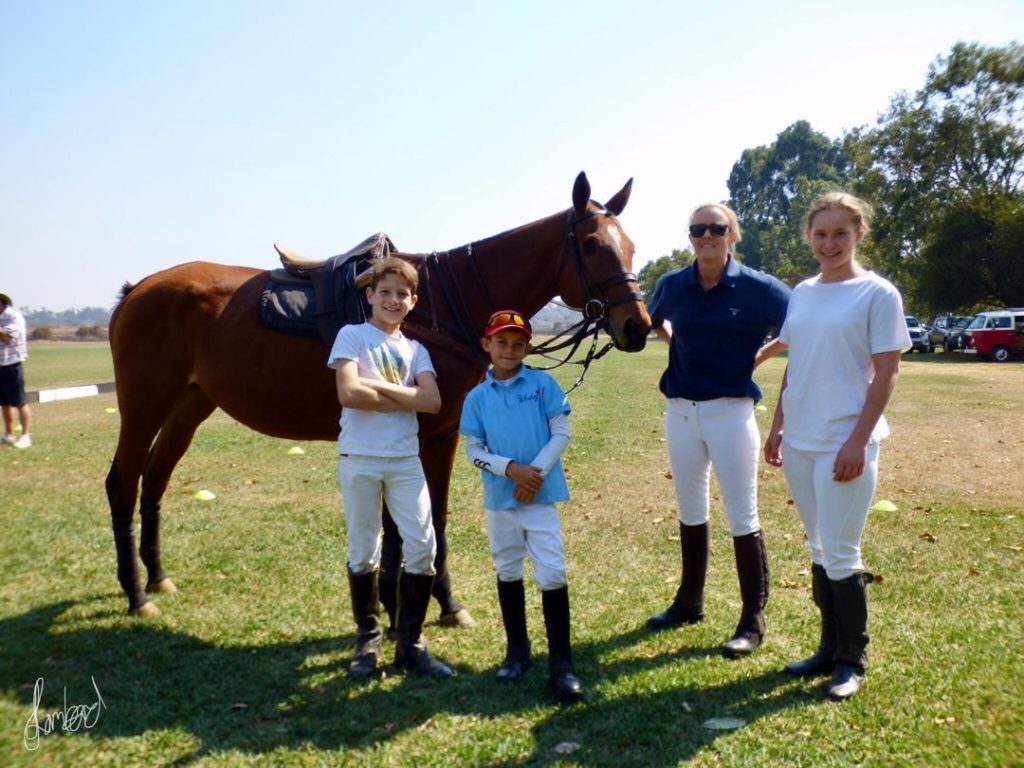
The difference is that they often see people from all walks of life and all age groups, instead of a concentration of their peer group. Peer exclusive friendships can lead to children regarding themselves as ‘part of a group’, whilst placing others as outsiders.
Homeschoolers generally learn to get along with a variety of people, which is excellent preparation for the modern career world, which consists of groups of people, from widely differing backgrounds, abilities and ages.
Also, most homeschoolers find their parents most approachable, as the gap between teacher and learner is lessened, within what is a very close learning environment.
I often find myself drawn into deep discussions about life, as my children feel safer discussing things with me, than they necessarily would do with other adults. Also, as they are integrating closely with me, they generally do not fear other adults entering their space.
Besides, my children interact daily with our African staff. They are learning their language (Shona) and culture and have some very positive relationships with these members of our community.
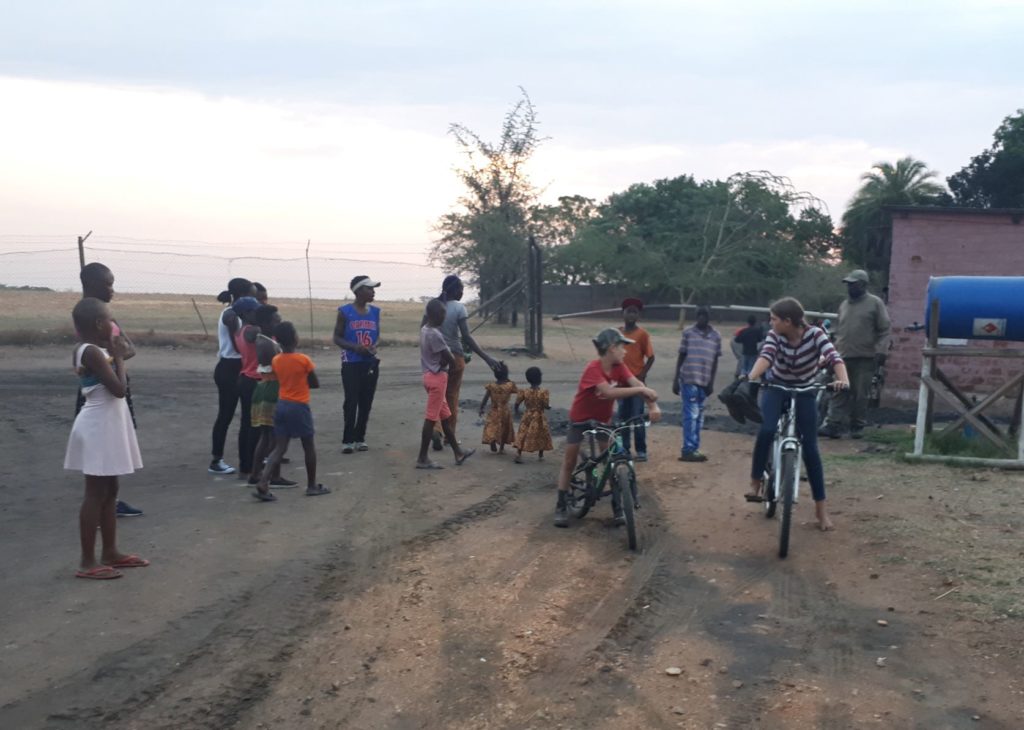
A recent studies concluded that:
“Homeschooled children’s social skill scores were consistently higher than those of public school students”.
Study of 70 US home-schooled children.
And another study’s author wrote:
“Compared to children attending conventional schools, research also suggests homeschooled children often have higher quality friendships and better relationships with their parents and other adults.”
Richard G Medlin.
Similarly, a 2014 parliamentary review of homeschooling, in New South Wales found: ‘No concerns in relation to the socialization of homeschooled children and no recommendations in this area were deemed to be necessary’.
All studies concluded that homeschooled children’s social skills scores were consistently higher than those of public school students.
Therefore, contrary to general opinion, socialization in homeschooling is not a pressing problem. Most of the homeschooling parents I encounter are not particularly concerned about their children’s socializing skills at all…
Socialization in General.
Socialization is a big issue in modern day life, however I think it concerns the whole family and not just the child.
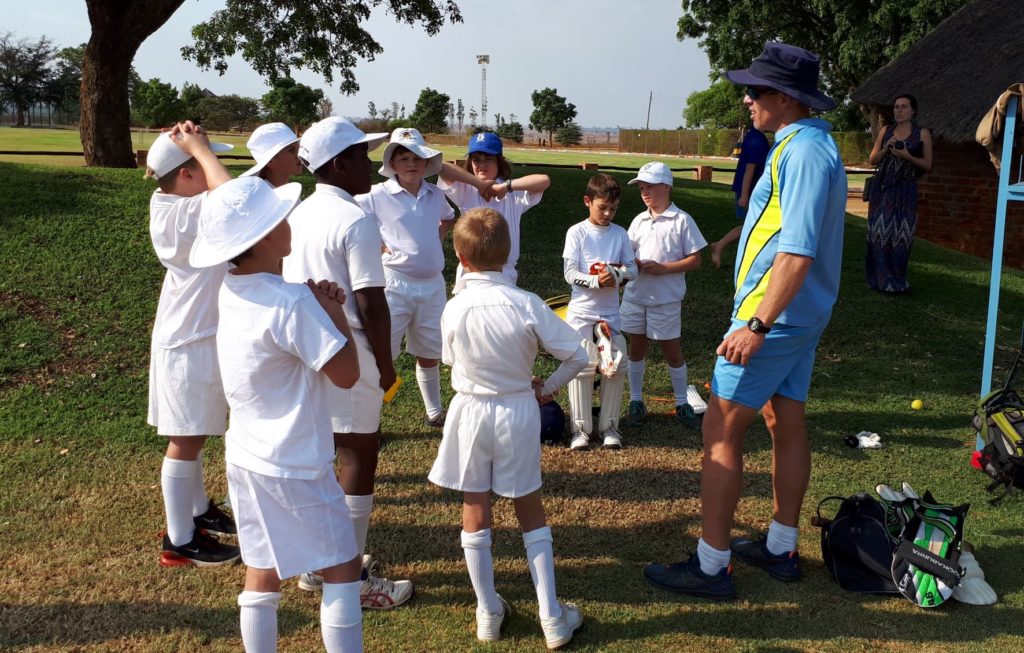
As a parent it is my job to teach my children the art of developing Godly friendships and to be able to socialize with all age groups and all kinds of people.
“Therefore as God’s chosen people, holy and dearly loved, clothe yourselves with compassion, kindness, humility, gentleness and patience.” Colossians 3:12 (NIV).
The conclusion I have come to is that socialisation skills begin at home and extend outward a from there…
Friends and Role Models.
One of the greatest influences in our child’s lives will be their friends and role models.

We need to pray about their relationships and friendships.
“The righteous should choose his friends carefully, for the way of the wicked leads them astray.” Proverbs 12:26
Who we spend time with is who we become.
“You run with the pigs and grunt with the pigs, pretty soon you start smelling like a pig…”
As parents we should not leave socialization up to chance. Pray about their relationships and teach your children, from your heart, with God’s word.
Homeschooling certainly gives a parent the advantage that they are able to choose their children’s friends and role models. It gives a homeschooling parent more control and, with thought and prayer, they are then able to guide their children in the right direction.
As a parent, one should to look at the social skills in ones own home, before eliminating an educational system, because of a belief that homeschooled children are socially stunted.
10 Ways to Encourage Godly Friendships for Your Child.
Technology Shortfalls.
Regardless, whether you are homeschooling or not, technology is effecting our socialization skills.

Children who mostly interact on a screen, often struggle when it comes to face-to-face interaction. This problem needs to be urgently addressed by all parents!
I personally refuse to allow my young children any form of tablet or device, as I feel that it will hinder their social development.
Healthy, meaningful interaction is often lacking in children who are allowed to spend hours and hours on their devices.
There is nothing more frustrating for my children as, when out at a social event, the other children are not interacting with them, but playing on their devices.
Children, who are constantly on devices, will become socially inept, regardless of whether they are homeschooled or not.
What Should Matter Most?
We would do well to first consider the most important thing in life, which is knowing God, through his Son, Jesus Christ.

Without knowing His rules for abundant life, parents can fail in most aspects of their child’s meaningful social skills. Social Interaction is only one aspect of our lives however, Christ is our life.
Education choice should not climb onto the altar of first importance. -That place is reserved for Christ alone…
A child’s identity should not come from their educational choice, but from how they stand in Christ.
Conclusion.
The ultimate responsibility of a child’s social skills falls upon the parents and not upon an educational system.
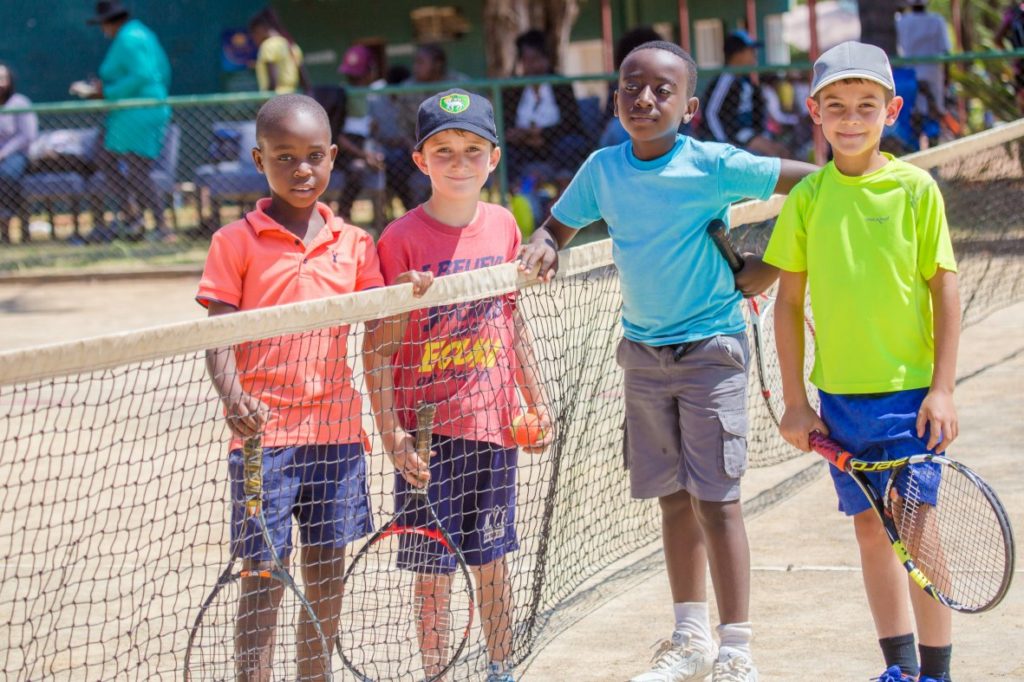
Socially inept people come from all walks of life. Ask God to guide you, as your child develops the social skills required for abundant life.
“All your children shall be taught by the LORD and great shall be the peace of your children.” Isaiah 54:13.
Be the parent who let’s God take control of your child’s social skills.
Prayer: Heavenly Father, I pray that You would pour Your Holy Spirit upon my children this day and bring Godly friendships into their lives. May my children not be followers of anyone but You. Bless my children with Godly social skills. In Jesus name I pray. Amen.
Please write your comment below….
- Our Homeschooling Adventures and Activities for Mar-Apr 2025.
- Our Amazing Homeschooling Positives – After Ten Years.
- Our Homeschooling Adventures and Activities for Jan-Feb 2025.
- Our Traumatic Sudden Move Across the Country.
- Our Homeschooling Adventures and Activities for July-August 2024.



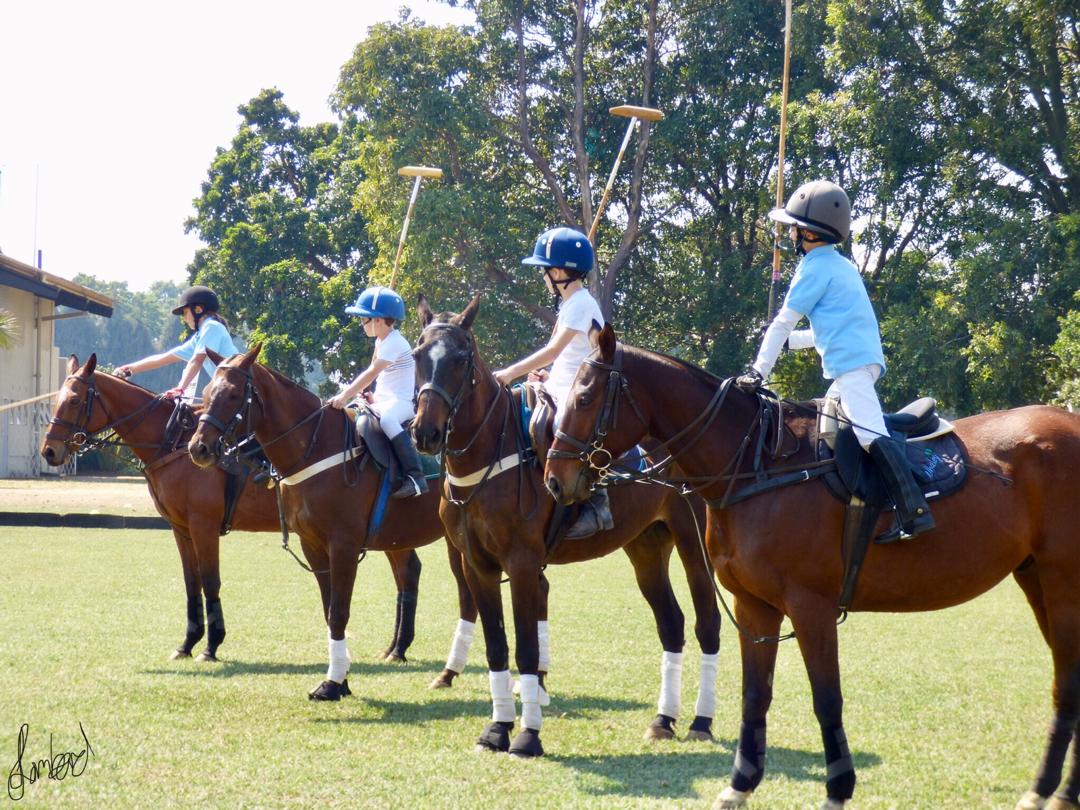

[…] Joy, has the luxury of having her mother to drive her to the cricket trials. She arrived at the trials, not knowing anyone, but was immediately greeted with happy smiles and […]